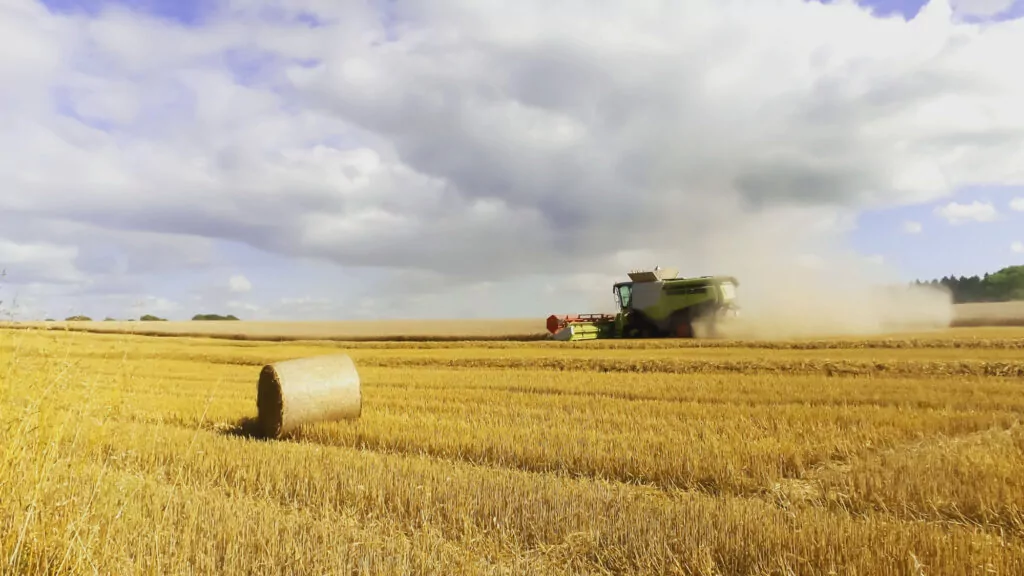
Implications of the Arbitration Act 2025 for rural landowners and tenants


The Arbitration Act 2025 (the 'Act') came into force on 1 August 2025, introducing a series of important reforms to the Arbitration Act 1996, the principal legislation governing arbitration in England and Wales. These changes are designed to modernise and streamline the arbitration process and strengthen the overall framework for commercial arbitration. But what do these reforms mean for rural landowners, agricultural landlords and tenants, land agents and farming families?
While aimed at commercial arbitration more broadly, the changes in the Act are equally relevant to the agricultural sector, particularly where disputes arise under the Agricultural Holdings Act 1986 ('AHA 1986'). Arbitration remains a vital mechanism for resolving a wide range of issues in agricultural tenancies, including rent reviews, notices to quit and succession claims.
This article summarizes some of the key reforms introduced by the Act, with a focus on their practical implications for landowners, landlords, tenants, rural professionals and others involved in the agricultural sector.
The role of arbitration in agricultural tenancies
Arbitration has long played a central role in resolving disputes in the agricultural sector, particularly where tenancies fall under the AHA 1986. In many instances, arbitration is not simply an option, it is the statutory mechanism for dispute resolution.
Some of the most common scenarios where arbitration is required or routinely used include:
- Rent reviews under Section 12 of the AHA 1986 - often involving complex valuations of agricultural land, buildings and farming businesses.
- Disputes over the validity or effect of statutory notices - such as notices to quit or requests for improvements.
- Succession applications - following the death or retirement of a tenant, where family members seek to take on the tenancy.
- Disagreements concerning repair obligations, tenant’s improvements or variations to the terms of a tenancy.
As the Act introduces several procedural and structural changes to the arbitration process, it is now more important than ever that those involved in the management, support or occupation of agricultural holdings understand how these reforms will impact future disputes.
Key reforms in the Arbitration Act 2025
Governing law of arbitration agreements
Unless the parties have agreed otherwise, a new default rule provides that the arbitration agreement will be governed by the law of the seat of the arbitration, i.e., the location selected by the parties as the legal place of the arbitration. This clarification reduces uncertainty in agricultural disputes, where contracts can sometimes be informal or based on longstanding local arrangements.
Duty of disclosure
The Act imposes a statutory duty on arbitrators to disclose any circumstances that may give rise to justifiable doubts as to their impartiality, both before and during the arbitration. In rural communities, where arbitrators may know the parties professionally or even socially, this requirement promotes transparency and fairness, helping to reduce the risk of challenges to the award on the grounds of perceived bias.
Tribunal powers for summary dismissal
The Act establishes a power for the arbitral tribunal to make an award on a summary basis in circumstances where it considers that a claim, defence, or issue has no “real prospect of succeeding”. Some Agricultural disputes, such as rent reviews or succession claims can sometimes involve unfounded claims or defences. This reform allows parties to avoid unnecessary arbitration over weak cases, preserving farming businesses and family relationships by resolving matters early, saving both time and costs.
Enhanced court powers for interim relief
Some farming tenancy disputes can give rise to urgent issues. The Act confirms that English courts can grant interim orders against third parties to support arbitration proceedings, just as they would in court litigation. The Act also strengthens the enforceability of emergency arbitrator orders, allowing urgent farming disputes to be addressed swiftly, reducing disruption to agricultural operations.
Next steps for landowners, landlords, tenants and advisers
To effectively navigate the updated arbitration framework, those involved in agricultural holdings should consider the following steps:
Review existing arbitration clauses
Ensure tenancy agreements are updated to reflect modern drafting, particularly regarding the law of the arbitration agreement and seat.
Select arbitrators with relevant agricultural expertise
Given the complex and specialised nature of agricultural disputes, seek to appoint arbitrators with sector specific knowledge. Experts such as rural chartered surveyors or agricultural law specialists will be better placed to understand the practical and legal nuances involved, ensuring a fair and efficient arbitration process.
Prepare cases thoroughly
With tribunals now empowered to summarily dismiss unmeritorious claims or defences, thorough preparation is more important than ever. Parties should compile comprehensive evidence and present clear legal arguments from the outset to avoid premature dismissal.
Seek professional advice early
Given the procedural changes, engaging experienced professionals at an early stage is advisable. This ensures that disputes are resolved efficiently and with minimal disruption to farming businesses and family relationships.
How we can help
The Arbitration Act 2025 is a necessary update to a framework that plays a pivotal role in agricultural tenancy law. For rural clients, the reforms offer greater clarity, efficiency and accessibility, while preserving the core strengths of arbitration as a dispute resolution tool.
If you have any questions about the Arbitration Act 2025, updating or amending existing tenancies or arbitration more broadly, please reach out to a member of our expert team listed below.



















